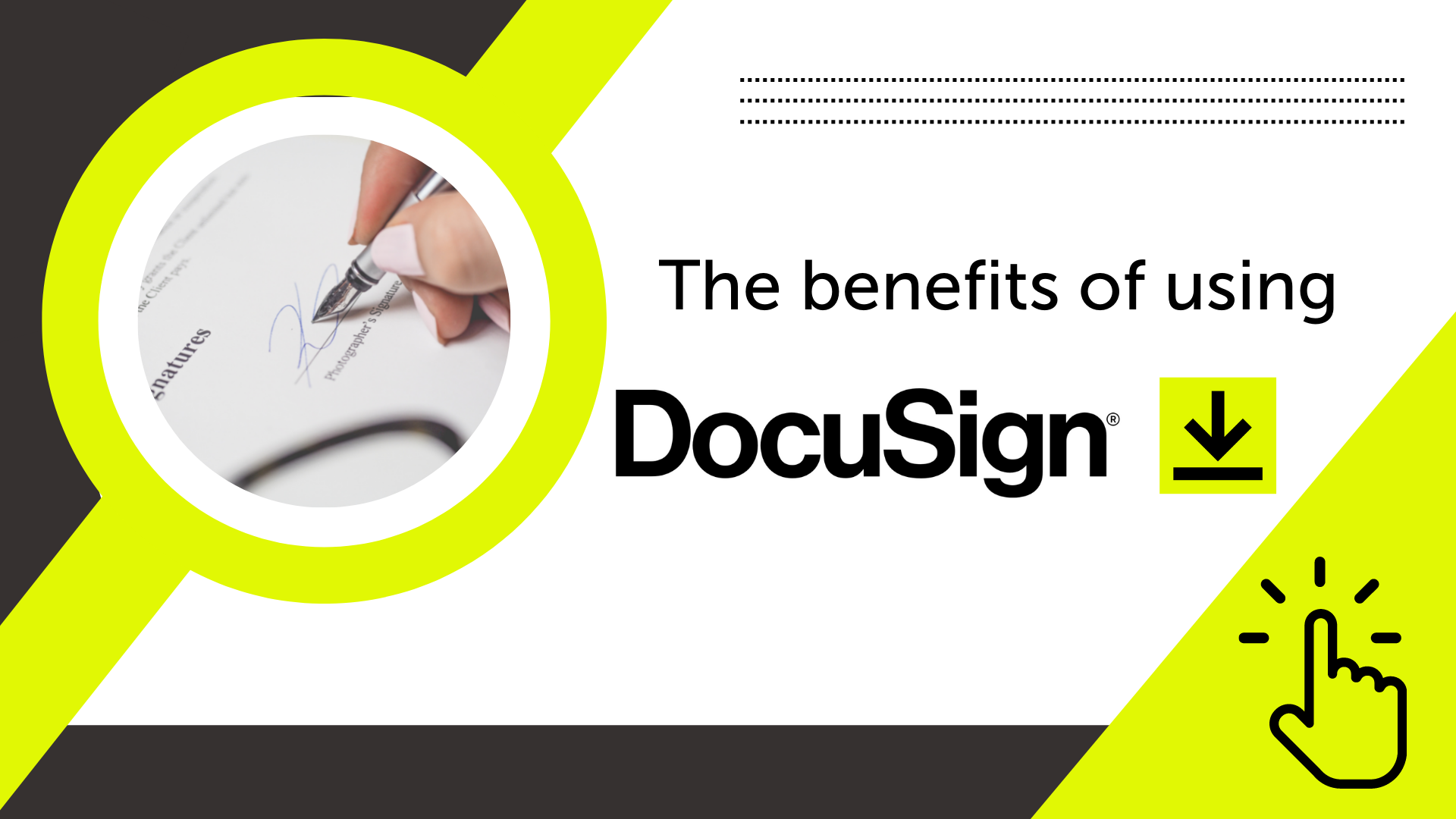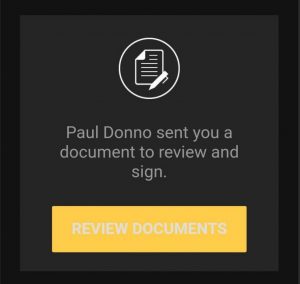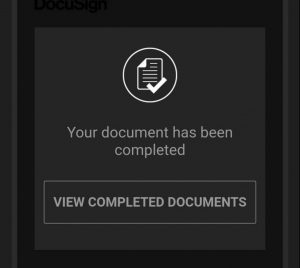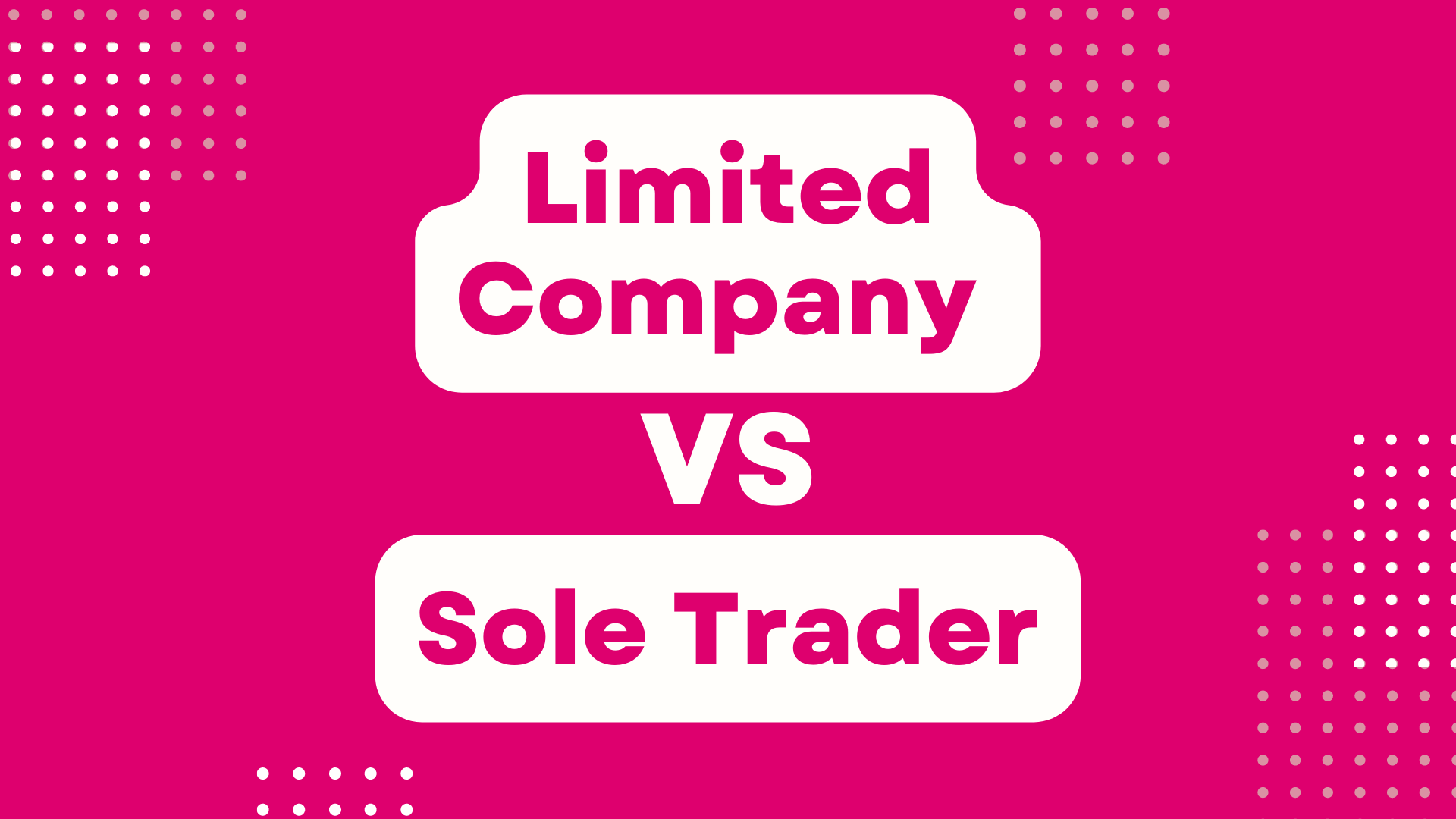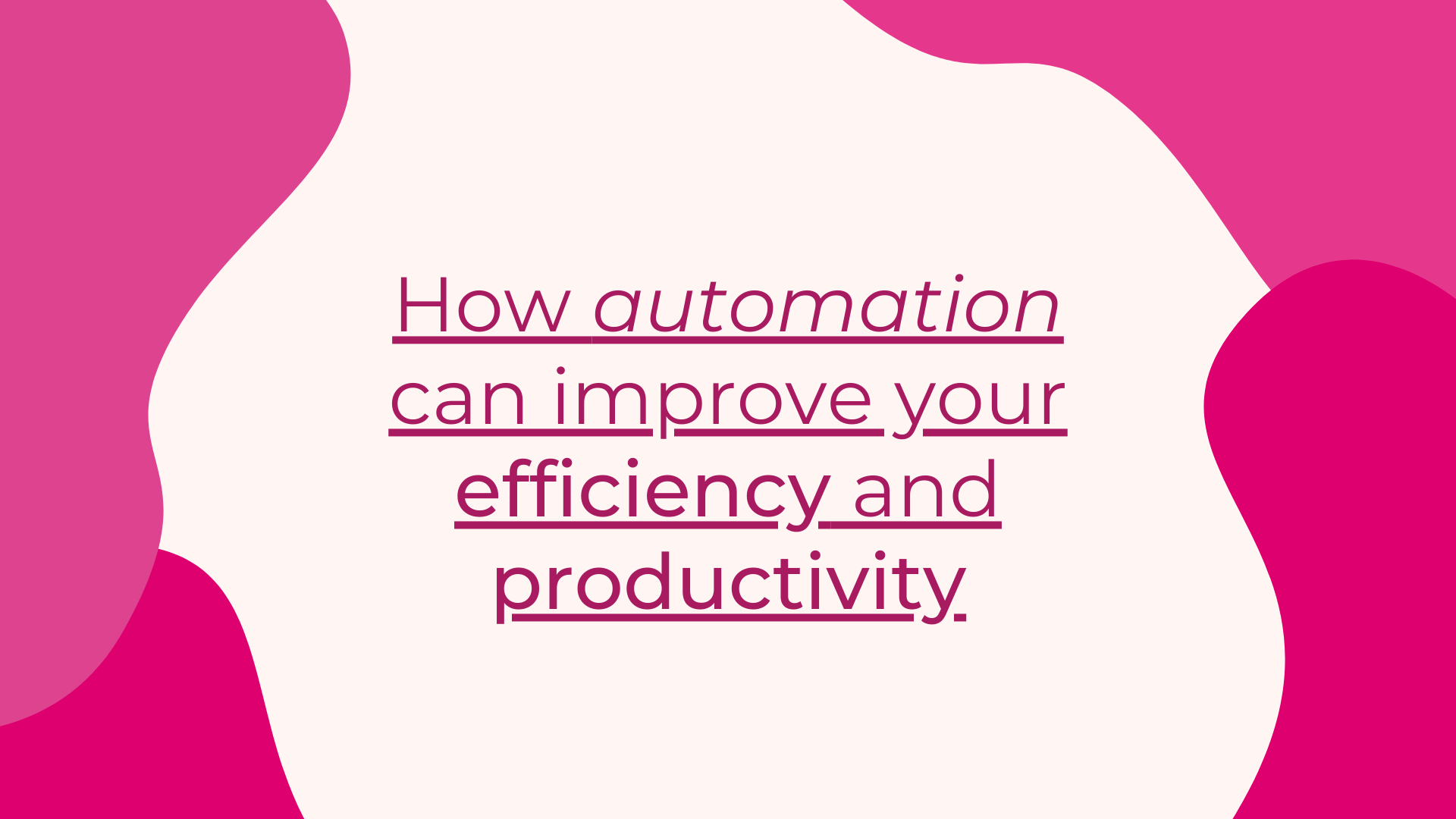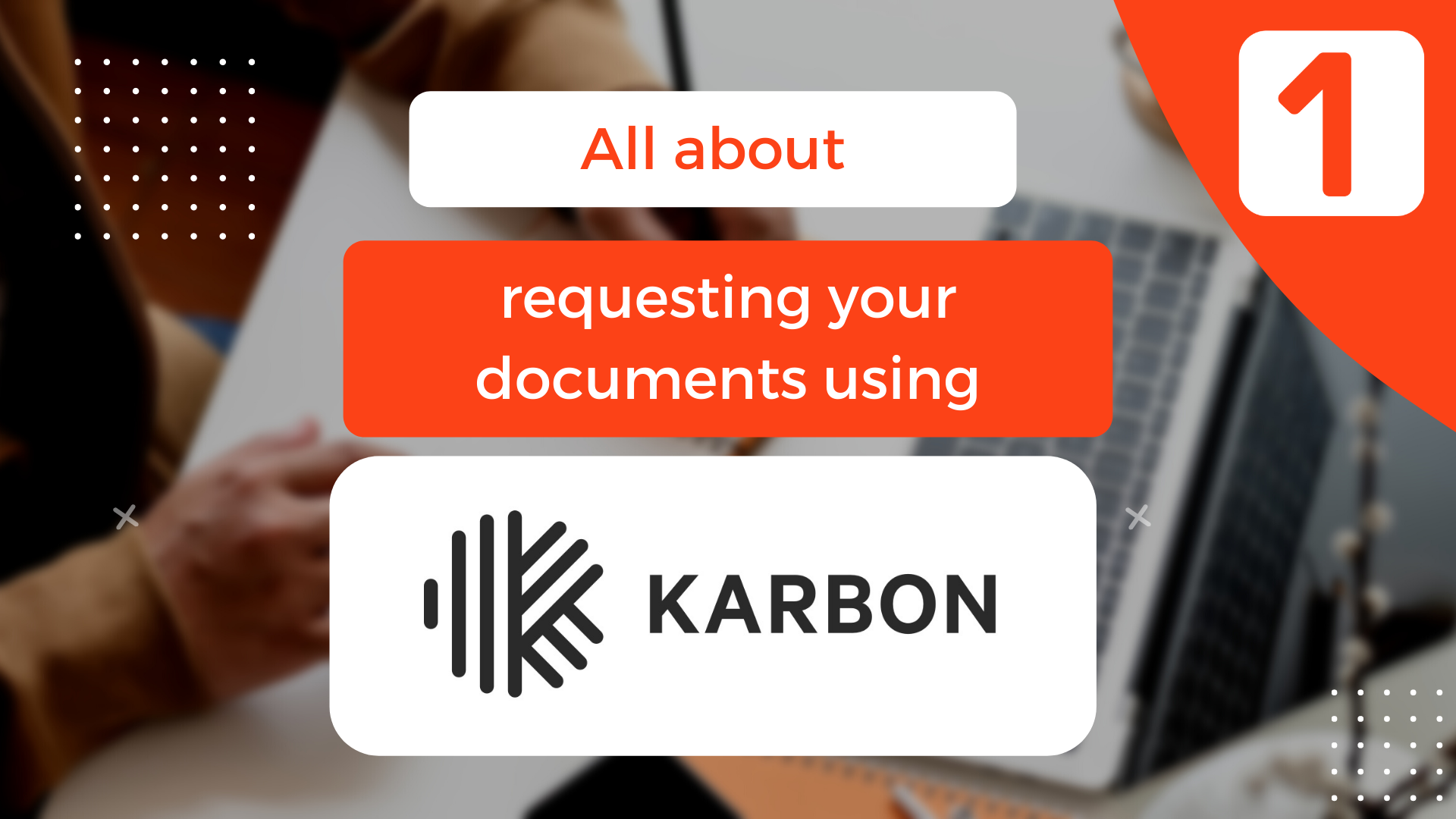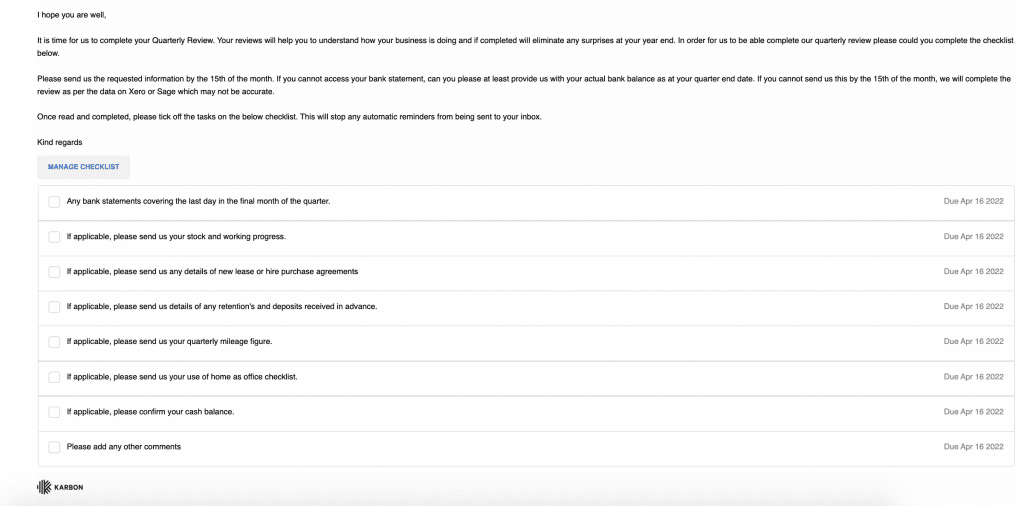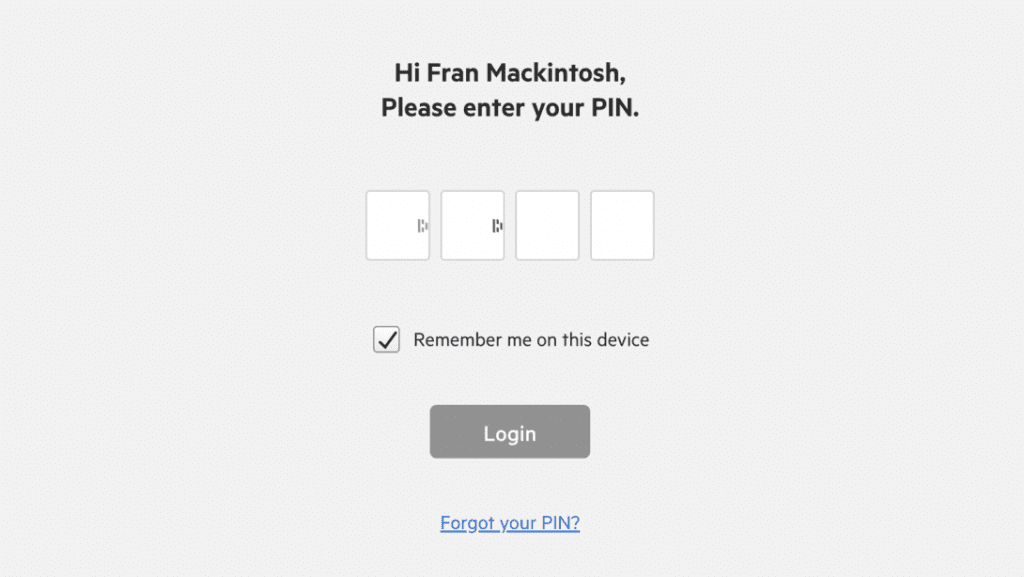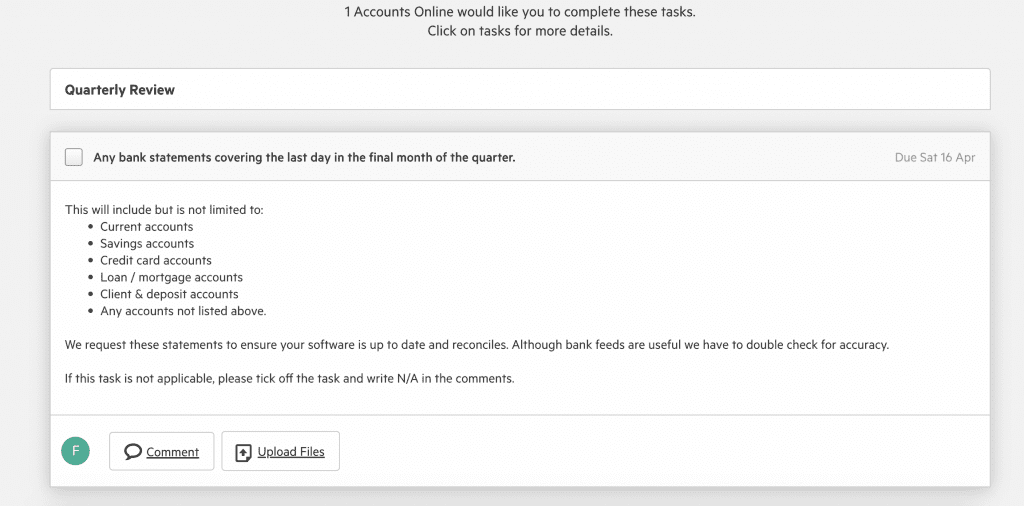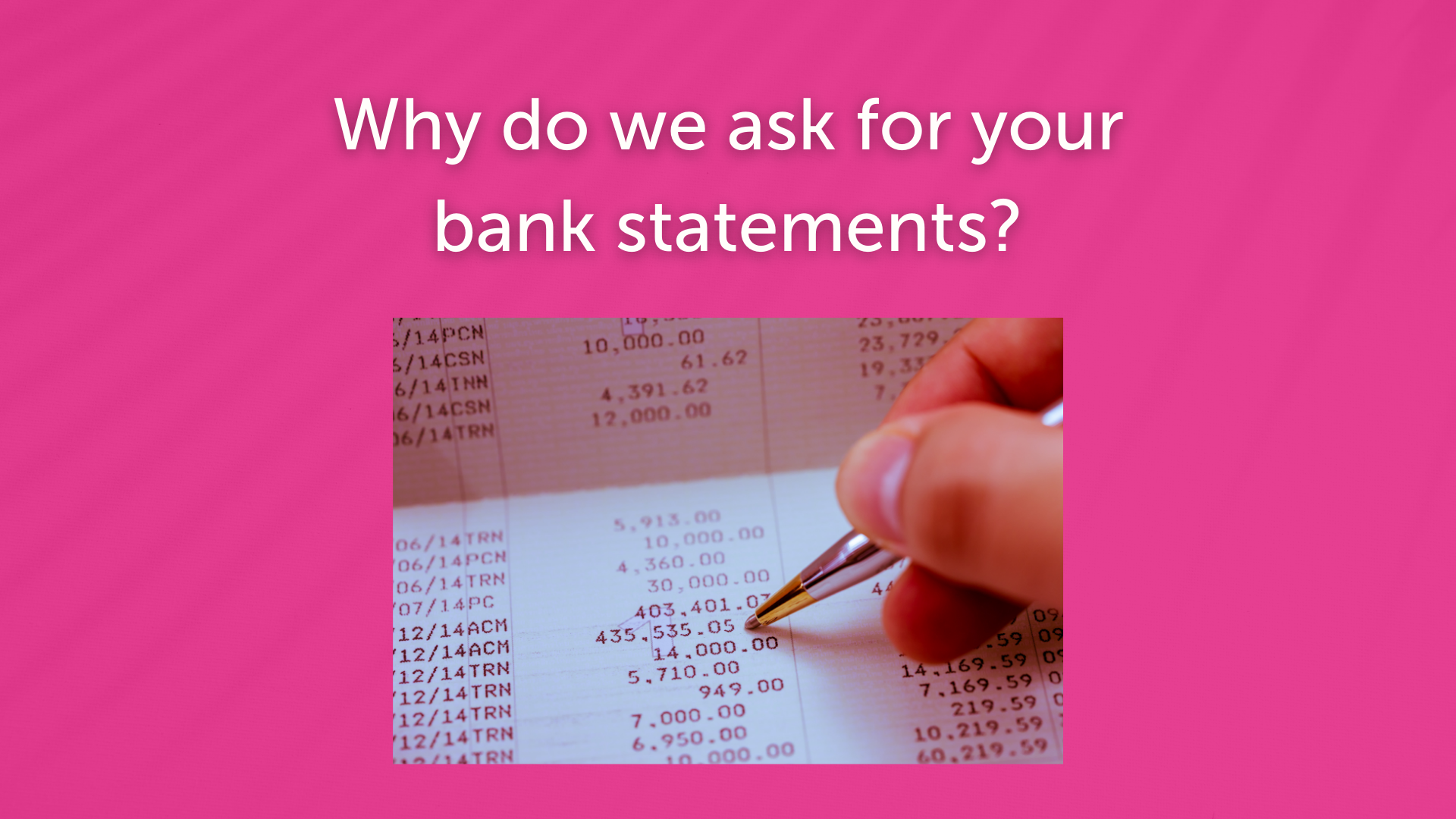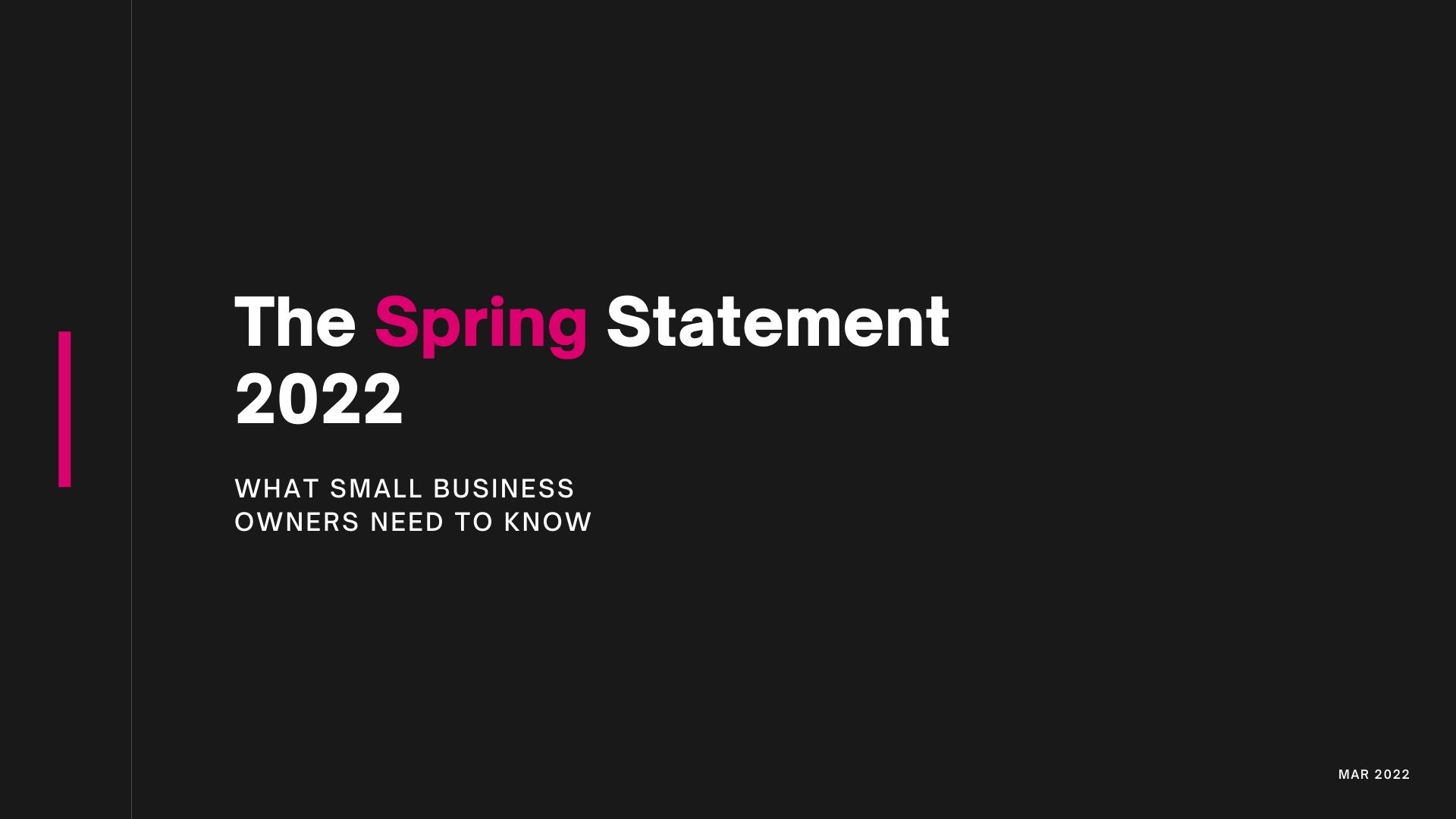It’s no secret that hundreds of small businesses are suffering from increased wage costs and staff shortages. These issues span multiple industries, from hospitality to construction, and have only intensified since the beginning of the pandemic.
So, how do you handle rising demands with limited labour?
To help you navigate these challenging times, we’ve curated a list of strategies to boost your staff retention, improve your recruitment processes and increase your profit margins.
Here are our 5 strategies for combating rising wage costs and staff shortages:
1) Hire graduates, and interns, and apprentices
Graduates and interns offer an effective and inexpensive solution to staffing shortages.
Straight out of college or university, these young adults are primed for training, ready to be moulded to your company’s exacting needs. What’s more, studies have shown that hiring graduates can significantly increase your staff retention rates. Approximately 57% of graduates still retain their position five years later.
Hiring an apprentice, whilst quite an investment in time, can also be beneficial for many companies.
Although hiring a graduate may not be a quick fix, it’s a brilliant way to source new talent – plus, the ROI is second to none.
2) Invest in your employees
Loyalty is a two-way street. Therefore if you want your employees to remain loyal to your company, you need to invest in their development.
Provide them with opportunities to upskill, fund their training and encourage them to diversify their skillset. Not only will it improve your retention rates by 30-50%, but it will also allow you to cultivate a team of highly skilled professionals.
3) Utilise mergers and acquisitions
More and more companies are deciding to partake in mergers and acquisitions. Why? Because resources are limited and successors are few and far between.
By combining forces the parties involved gain access to a larger workforce, a greater array of talents and more viable candidates to succeed their business.
Plus, with an increased market share, companies are better equipped to manage rising wage costs as they acquire more capital and increase their profit margins!
4) Delegate administrative tasks
With labour dwindling and demand rising, our employees are really being pushed to their limits. So don’t exacerbate the problem by burdening them with non-essential responsibilities. Instead start automating repetitive tasks and hiring administrative staff to handle any paperwork.
Although investing in new employees and tech can be costly, they can notably increase productivity, profits, and employee engagement. Stop placing unnecessary strain on your staff and start streamlining your administrative tasks!
5) Update your recruitment style
Now more than ever you need to be investing your resources into your recruiting process. After all if you want to solve your staffing issues, you’ll need to attract and attain new employees. So what can you do to improve your recruitment style?
Firstly, you need to be harnessing the power of social media. This allows you to broaden your search whilst offering applicants an accurate insight into your business.
Secondly, you want to focus on your company culture as this can quickly attract or deter applicants. Ask yourself, what makes your company the place to work? Do you offer impressive employee benefits? Do you accommodate flexible working?
Whatever it is that makes your company attractive and unique, make sure to funnel that into your recruiting process.
Take care of your employees
Running a business is never easy, but our current climate is making things even more challenging. We wanted to end this discussion with some words of encouragement.
If your business can survive Brexit, a global pandemic and an inflating economy all in quick succession, it can also survive these labour shortages. Just remember to streamline your processes, adapt your recruitment methods and take care of your staff, as they will take care of your business.

